Adhkār Before Sleeping: Authentic Supplications for a Protected Night
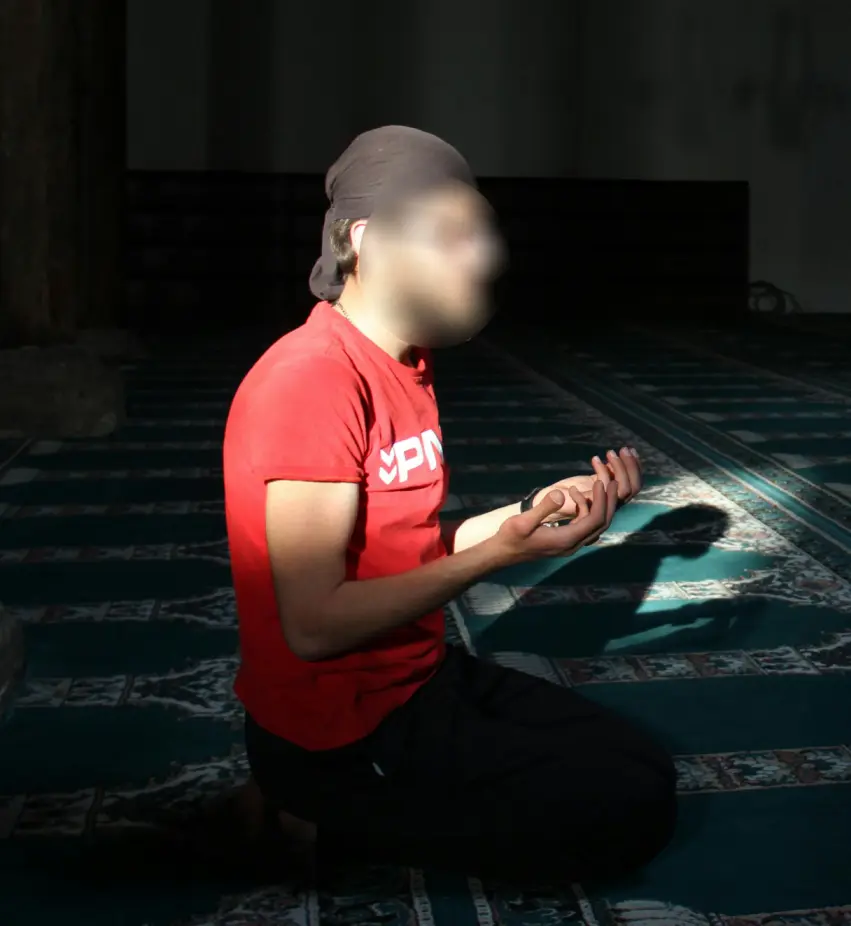
Adhkār Before Sleeping: Authentic Supplications for a Protected Night Introduction The adhkār recited before sleep hold a central place in a Muslim’s spiritual routine. The Prophet ﷺ never went to bed without specific invocations,transmitted through authentic narrations, so that the believer entrusts their soul to Allah—Exalted is He—seeks His protection, and seals the day with […]
Evening Adhkār: Authentic Duʿāʾ for Protection Until Morning
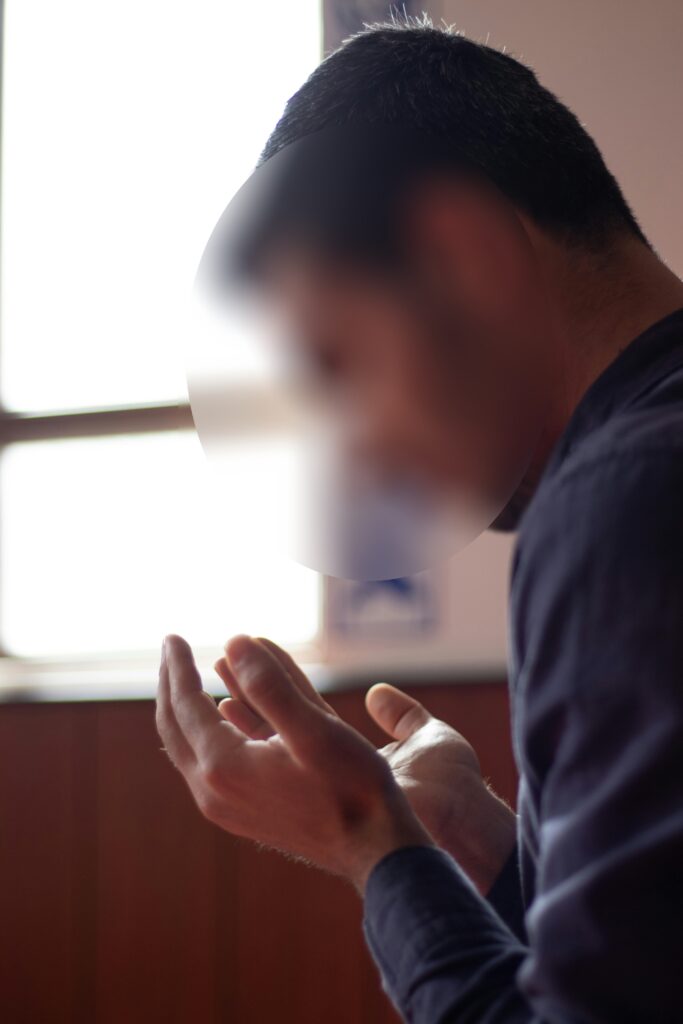
Evening Adhkār: Authentic Duʿāʾ for Protection Until Morning Introduction The evening adhkār are among the most important supplications taught by the Prophet ﷺ. They are a daily spiritual shield against what we see and what we don’t, a barrier against Shayṭān, and a beautiful way to end your day in the remembrance of Allah, Exalted […]
Morning Adhkār: Authentic Supplications to Begin the Day Under Allah’s Protection
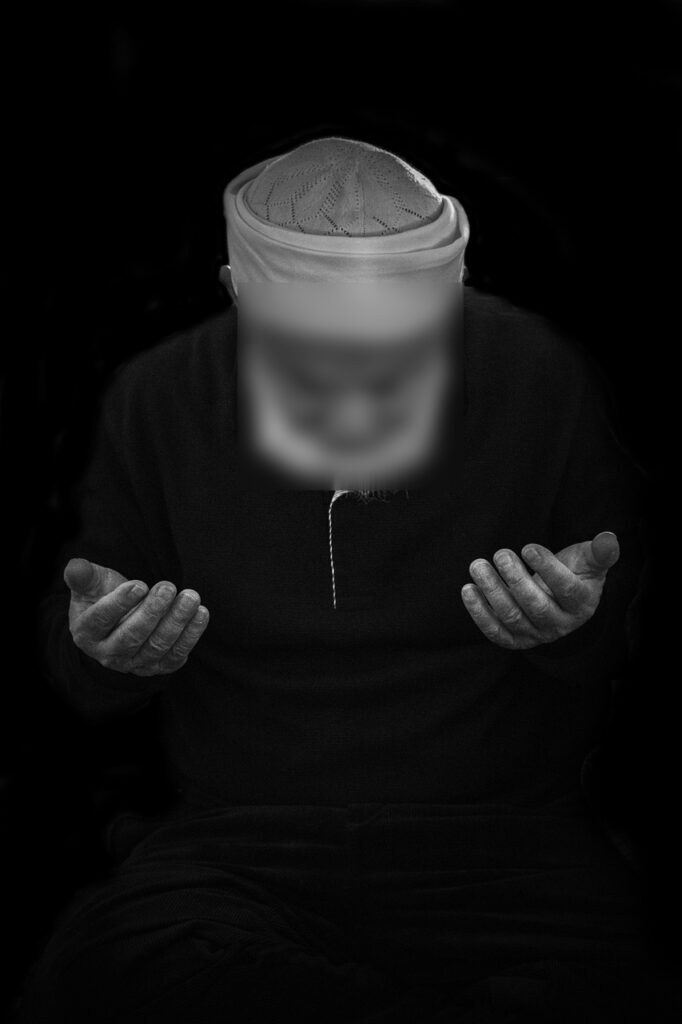
Morning Adhkār: Authentic Supplications to Begin the Day Under Allah’s Protection Introduction The morning adhkār are among the most consistent practices of the Prophet ﷺ. They are a daily shield, a strong barrier against Shayṭān, and a powerful way to place your day under the care and protection of Allah, Exalted be He. Scholars explain […]
The Muslim’s Daily Routine: The Importance of Dhikr, Adhkār, and Istighfār in Everyday Life
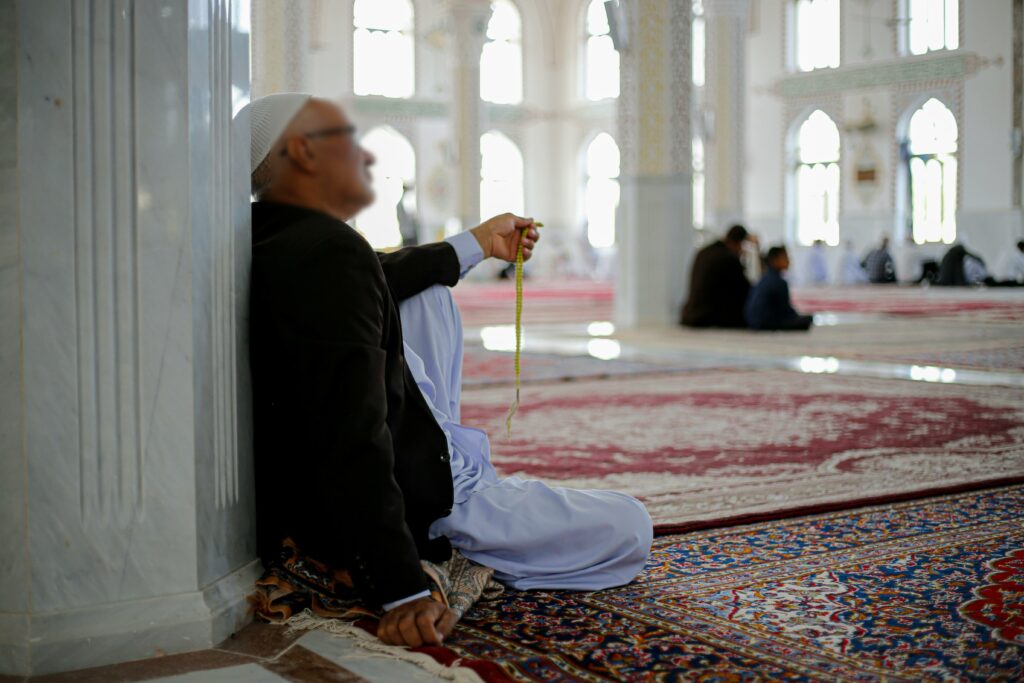
The Muslim’s Daily Routine: The Importance of Dhikr, Adhkār, and Istighfār in Everyday Life The Muslim was not created to live detached from the remembrance of Allah, Exalted be He. On the contrary, dhikr, daily adhkār, and istighfār form the living heart of faith — the constant bond between the servant and his Lord. In […]
Umrah Packing List: The Complete Guide for First-Time Pilgrims
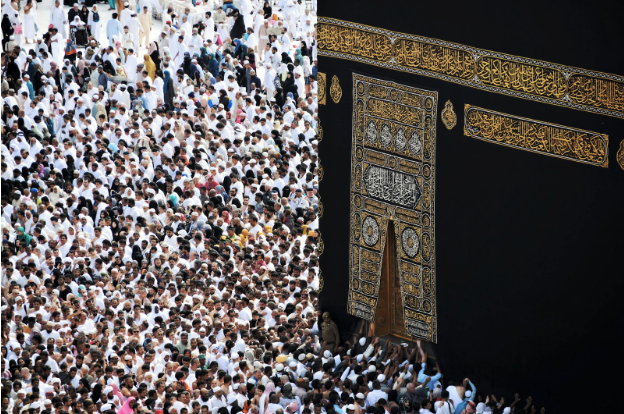
Umrah Packing List: The Complete Guide for First-Time Pilgrims Preparing for Umrah is both exciting and emotional, especially if it is your first time. Once you finalise your travel plan and book your Umrah packages with a trusted agency, the next important step is packing smartly. Having the right items with you ensures a peaceful, […]
How London Muslims Can Prepare Spiritually for Hajj and Umrah
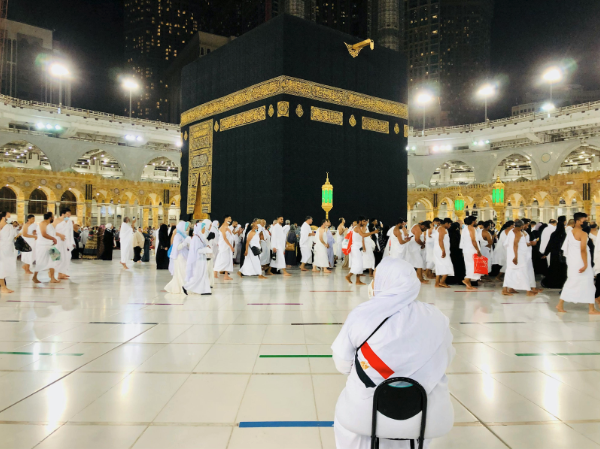
How London Muslims Can Prepare Spiritually for Hajj and Umrah Hajj and Umrah are Islamic pilgrimages to the city of Mecca. Hajj is one of the five pillars of Islam. It is mandatory for every Muslim who is physically and financially able. It takes place only during specific Islamic dates. Hajj involves several key steps, […]
Navigating The Best Times Of Year To Perform Umrah
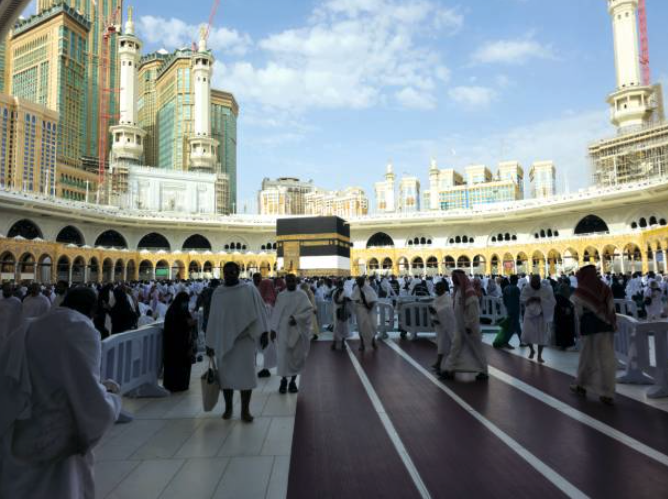
Navigating The Best Times Of Year To Perform Umrah Umrah gives one the privilege of being a guest of Allah Almighty. One will not refute that it is the peak time for faith revival and spiritual cleansing for Muslims. Thus, every person intending to go on pilgrimage wants to observe the best time to perform […]
How Performing Umrah Can Revive Your Faith?
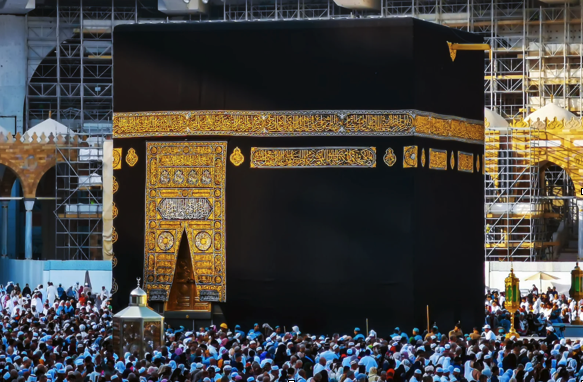
How Performing Umrah Can Revive Your Faith? Muslims believe that performing Umrah can revive their faith as it contributes to spiritual purification, seeking forgiveness of sins and enables them to build a strong connection with Allah Almighty. Umrah is also a source of expiation of all previous sins, accompanied by the blessings of all worship, […]
How Families Can Save Time & Stress With Umrah Deals

How Families Can Save Time & Stress With Umrah Deals Umrah is one of the most cherished spiritual journeys in the life of a Muslim. Millions of believers gather in front of the holy Kaaba each year to perform this religious activity, seeking blessings from Allah Almighty. However, the planning process can sometimes become overwhelming […]
Islamic Travel Agency is the Best Choice for Your Next Umrah Journey
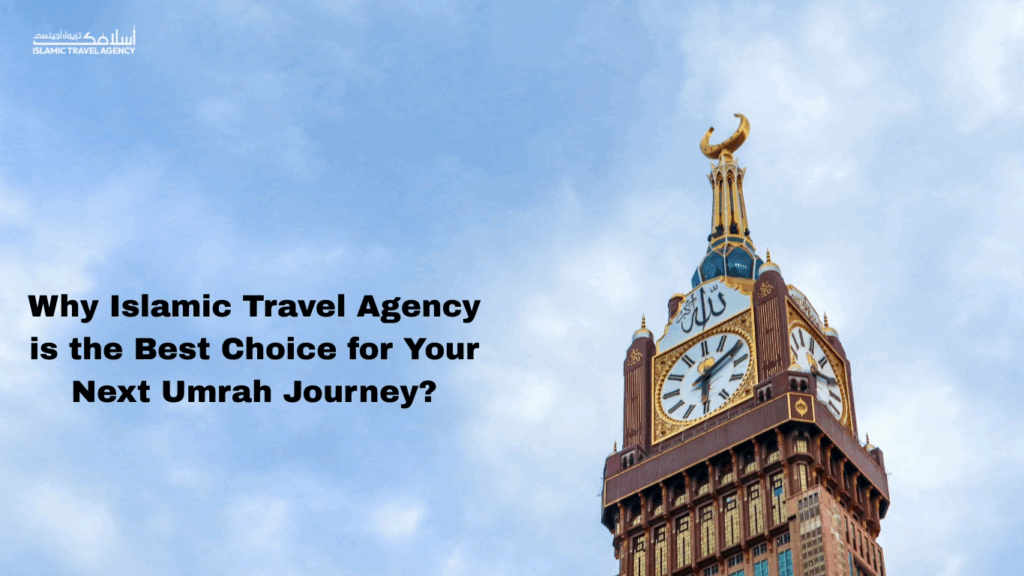
Islamic Travel Agency is the Best Choice for Your Next Umrah Journey Why Islamic Travel Agency is the Best Choice for Your Next Umrah Journey? Islamic Travel agency is highly expert in all handlings of Umrah journey and considered as best choice for British pilgrims for their Umrah journey. Islamic Travel Agency has set high […]

